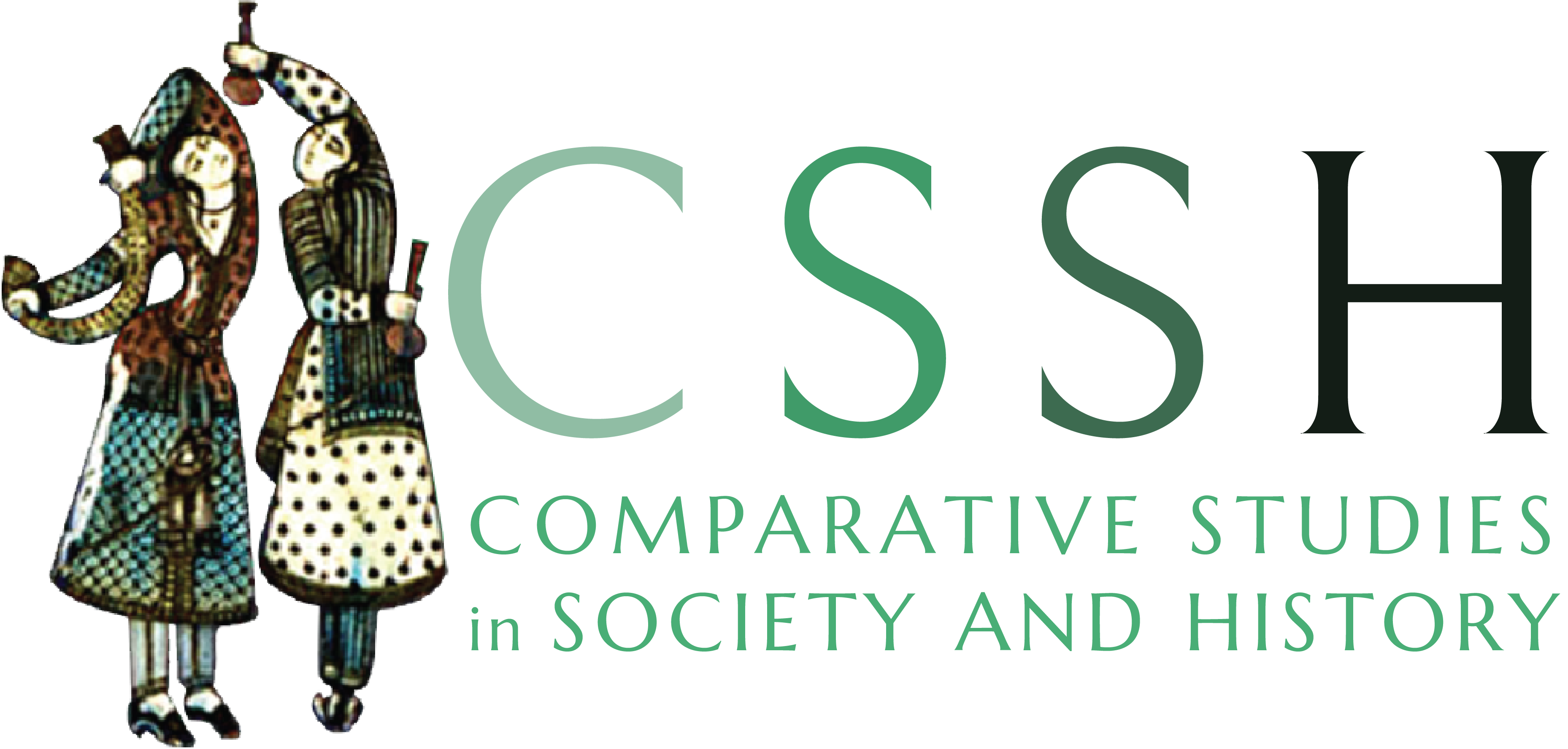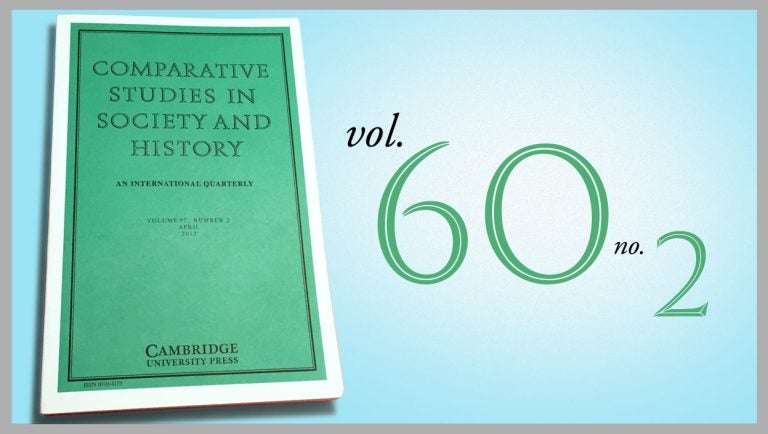In this issue authors address the question of how putatively universal rules—imperial dictates, state laws, economic regimes, and consequential categories of social life like “religion,” “the market” and “indigeneity”—are translated into local vernaculars and adapted to local sites and singular needs. The process is rarely without friction, resistance, cost, or contest. To take a hydraulic metaphor, the essays offer a comparative viscosity of the force and limits of
flow. When standardizing classifications infill regional uses and users, what sorts of detours, dams, floods, and muddied waters follow? What new springs irrupt?
Tag: money
Persons, Things, Person-Things
Mischa Suter and Ceyda Karamursel in Conversation: Maintaining a clear ontological demarcation between persons and things is arduous work, as Latour and others remind us. It requires classification work, purification work, boundary work, language work, social work, and more. Even so, certain historical contexts and situations have rendered the clear line fuzzy, and persons and things remained thoroughly entangled.



